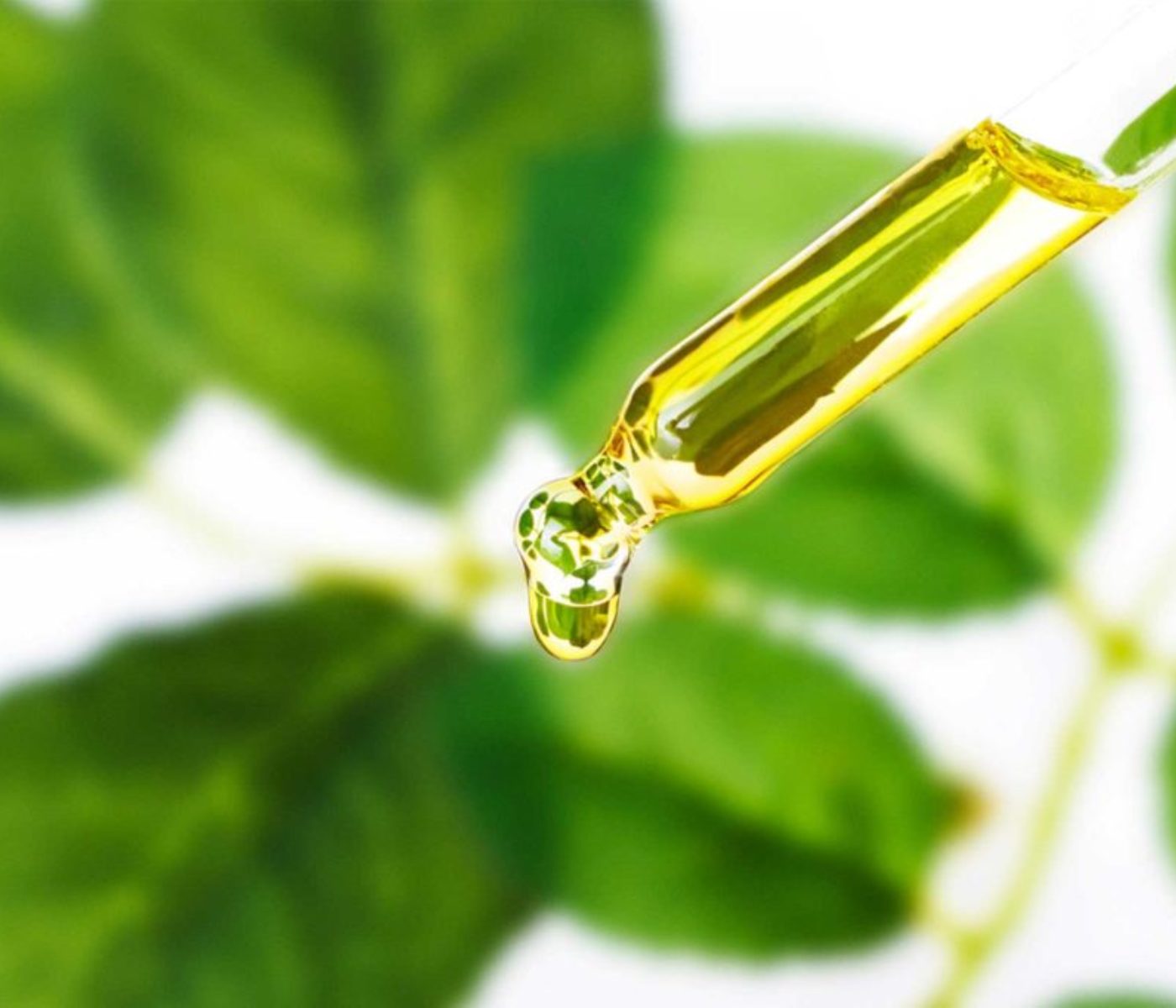 27 Sep 2024
27 Sep 2024
A recent study explored the potential benefits of plant-derived squalene (SQ) on the growth performance and oxidative stress in weaned piglets, addressing a common challenge in the modern pig industry. Piglets, especially during the weaning phase, are prone to oxidative stress due to environmental, nutritional, and psychological factors. Oxidative stress can impair growth performance and intestinal health, leading to poor feed conversion efficiency and increased vulnerability to disease. Traditional approaches to mitigate these issues have focused on incorporating antioxidants into piglet diets. However, the effects of SQ, a natural antioxidant, remain largely unexplored in piglets.
Squalene (SQ) is recognized for its antioxidant, immune-regulatory, and nutritional properties, making it a promising candidate for improving animal health under stress conditions. Derived from plant sources, SQ is currently available at a relatively low cost, enhancing its potential as a feed additive. While previous research has demonstrated SQ’s benefits in other animals, such as broilers and rodents, there has been limited exploration of its effects on piglets, particularly under oxidative stress conditions. This study aimed to fill that gap by evaluating the impact of SQ supplementation on growth performance, antioxidant capacity, and intestinal health in piglets challenged with diquat-induced oxidative stress.
The study was conducted in accordance with the guidelines of the Laboratory Animal Ethical Commission of the Institute of Subtropical Agriculture, the Chinese Academy of Sciences.
This study provides strong evidence that plant-derived squalene is an effective supplement for enhancing growth performance and reducing oxidative stress in weaned piglets. SQ not only improved feed efficiency and weight gain but also strengthened the antioxidant defenses of piglets, particularly under stress conditions induced by diquat. Additionally, SQ demonstrated its protective role in maintaining intestinal health, which is critical for the overall well-being of the animals.
The findings suggest that SQ could be a valuable, cost-effective feed additive in the pig industry, offering a natural solution to oxidative stress and health challenges during the weaning period. Further research may explore the long-term effects of SQ supplementation and its potential applications across various contexts in animal agriculture.
Subscribe now to the technical magazine of animal nutrition
AUTHORS

Nutritional Interventions to Improve Fertility in Male Broiler Breeders
Edgar Oviedo
The Use of Organic Acids in Poultry: A Natural Path to Health and Productivity
M. Naeem
Synergistic Benefits of Prebiotics and Probiotics in Poultry, Swine, and Cattle
Gustavo Adolfo Quintana-Ospina
Hybrid Rye Potential in Laying Hen Feed Rations
Gwendolyn Jones
A day in the life of phosphorus in pigs: Part I
Rafael Duran Giménez-Rico
Use of enzymes in diets for ruminants
Braulio de la Calle Campos
Minerals and Hoof Health in the Pregnant Sow
Juan Gabriel Espino
Impact of Oxidized Fats on Swine Reproduction and Offspring
Maria Alejandra Perez Alvarado